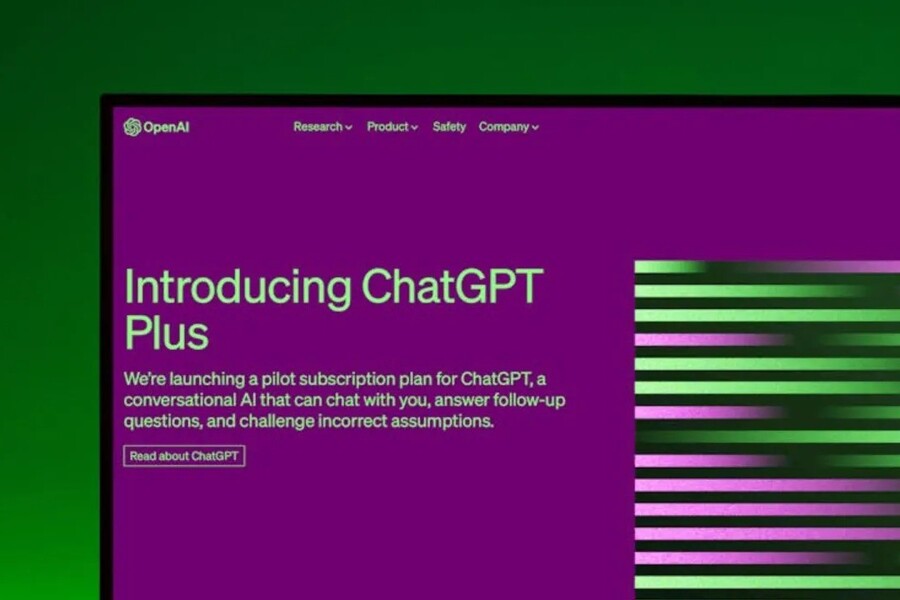The UK’s tech secretary discussed a multibillion-pound proposal with OpenAI that could have granted every resident premium ChatGPT access. The idea didn’t advance, but it signals how governments — and rivals like Google — are racing to subsidize AI at scale.
The short version (what happened, why it matters)
- The talks: In March–April 2025, UK Technology Secretary Peter Kyle and OpenAI’s Sam Altman discussed a proposal to give ChatGPT Plus to all UK residents. Sources told The Guardian the idea carried a price tag of up to £2 billion and was not taken forward.
- Context: The conversations came weeks before a formal UK–OpenAI partnership (announced July 21) to explore AI in public services and UK AI infrastructure — separate from any consumer-wide Plus giveaway.
- Bigger trend: OpenAI is testing price-tier expansion (e.g., ChatGPT Go in India at ₹399/$4.57 per month) while Google is aggressively seeding Gemini/Google AI Pro with free student offers and hardware bundles — underscoring a broader push to lock in users through subsidies.
Lead & nut graf
The UK government quietly explored one of the boldest consumer AI deals to date: footing the bill for ChatGPT Plus so that every citizen could use OpenAI’s premium tools. People familiar with the discussions say Kyle didn’t seriously entertain the idea once costs approached £2bn, but the talks reveal a willingness to consider nation-scale AI access — and they arrive amid a deepening UK–OpenAI partnership to deploy AI in areas like education, justice, and security. That combination — public-sector integration plus consumer subsidies — is rapidly becoming the playbook in the AI race.
“Our shared goal is to democratise access to AI,” an OpenAI spokesperson said in July, after the UK–OpenAI memorandum was signed.
Kyle himself has called ChatGPT “fantastically good” as a learning tool, underscoring the political appetite to put advanced models in more hands — even if the national Plus plan is, for now, shelved.
Background: What’s been agreed — and what hasn’t
- MoU in place, not a Plus handout: On July 21, the UK and OpenAI signed a strategic partnership to expand AI security research, explore data-centre investment, and pilot AI across taxpayer-funded services. This does not include a commitment to give ChatGPT Plus to all residents.
- Digital identity + chatbot workstreams: In January, the government outlined plans for a GOV.UK Wallet for digital IDs, alongside a GOV.UK chatbot being developed with OpenAI — separate from any subscription giveaways.
- International backdrop: OpenAI has promoted “enable ChatGPT nationwide” language in its UAE partnership, but public statements emphasize nationwide availability rather than free personal Plus subscriptions — an important distinction that became muddled in some early headlines.
What would ChatGPT Plus add for citizens?
OpenAI’s paid tier typically includes priority access, higher usage limits for the latest models, faster responses, image generation, file analysis/advanced data analysis, voice chat, and the ability to create custom GPTs — benefits beyond the forever-free web access tier. A universal Plus offer would remove cost friction for households and small firms and could standardise AI access in education and public-service contexts. (Specific features and limits vary by market and plan.)
The competitive picture: Subsidies are the new growth lever
- OpenAI’s price ladder: The India-only ChatGPT Go (₹399/$4.57) widens access with notably higher usage than the free tier at a fraction of Plus pricing — a model OpenAI could replicate elsewhere if uptake is strong.
- Google’s push: Google AI Pro/Gemini has leaned on student programs (free one-year access in the US, Japan, Indonesia, Korea, Brazil) and hardware bundles (free trials with Pixel 10 Pro/Pro XL/Pro Fold), pairing premium AI with 2TB of storage via Google One.
Likely reader questions, answered
Will the UK actually give everyone ChatGPT Plus?
Not at this point. The idea was discussed but not advanced; officials haven’t adopted it as policy.
So what has the UK agreed with OpenAI?
A strategic partnership/MoU to collaborate on AI safety research, explore infrastructure investment, and test AI in public services — plus earlier GOV. The UK is working on a digital wallet and chatbot. No public commitment to universal Plus access.
Has another country already made Plus free for everyone?
OpenAI’s UAE partnership talks about enabling ChatGPT nationwide; official language stops short of guaranteeing free personal Plus subscriptions to all residents. Some media framed it that way, but OpenAI’s statement focuses on nationwide access, not pricing.
Why pursue universal access at all?
A time-limited or means-tested Plus rollout could spur usage, reduce inequality in access to advanced tools, and quickly seed AI literacy — similar to how rivals are offering free student plans and device bundles.
What would it cost?
The scenario floated in the UK was up to £2bn, per The Guardian’s reporting — a key reason it wasn’t taken forward.
What’s next?
Watch for targeted pilots (schools, civil service, small-business programs) rather than a universal giveaway. Meanwhile, expect more discounted tiers (like Go) and education bundles across the sector.
Closing summary
The UK’s exploration of nationwide ChatGPT Plus shows how quickly government thinking is evolving — from regulating AI to operationalizing it at scale. While the £2bn, all-citizens plan isn’t moving forward, a formal partnership with OpenAI is, and the competitive landscape — from OpenAI’s low-cost Go to Google’s student and device offers — suggests subsidies will remain a centerpiece of AI adoption strategy.


